Introduction
Recent class action lawsuits filed against major baby bottle manufacturers, including Philips Avent and Tommee Tippee, have raised significant concerns about the safety of plastic baby bottles. These lawsuits allege that these companies failed to warn consumers about the potential dangers of polypropylene plastic bottles, which can release microplastics when heated. Microplastics are tiny plastic particles that pose serious health risks, particularly to infants. While some sources downplay these concerns, it's crucial for parents to understand the potential dangers and make informed decisions about the products they use for their babies.
Understanding Microplastics and Their Health Risks
Microplastics are small plastic particles that result from the degradation of larger plastic items. They are found in various environments, including air, water, and food. When ingested, microplastics can accumulate in the body and cause various health issues. Studies have shown that chemical compounds contained within these microplastics can disrupt the endocrine system, leading to hormonal imbalances and serious health and developmental issues, especially in infants whose bodies are still developing.
The Role of Endocrine-Disrupting Chemicals (EDCs)
Endocrine-disrupting chemicals (EDCs) are substances that interfere with the body's hormone systems. Bisphenols and phthalates are two common types of EDCs found in many plastics, including baby bottles. Bisphenol A (BPA) is a well-known EDC that has been banned in many countries due to its harmful effects. However, other bisphenols, such as BPS and BPF, are still used in plastics and can have similar adverse effects.
Phthalates, used to make plastics more flexible, have also been linked to various health problems, including reproductive issues, immune system disruption, and developmental delays. These chemicals can leach out of plastics when they are heated, increasing the risk of exposure.
The Lawsuits Against Major Baby Bottle Manufacturers
The recent lawsuits against Philips Avent, Tommee Tippee, NUK, and others allege that these companies failed to disclose the polypropylene composition of their products and the potential for microplastic release. The lawsuits highlight that these products are labeled as BPA-free, the '#1 bottle brand', or pediatrician recommended, leading consumers to believe they are safe. However, the lack of warnings about other harmful chemicals and the release of microplastics is a significant oversight. It is important to note that while these manufacturers have been directly named as of the time of writing, the issues are widespread, fundamentally affecting all manufacturers of polypropylene baby bottles.
Why Polypropylene Is a Concern
Polypropylene is a type of plastic commonly used in baby bottles and sippy cups. When heated, it can release large quantities of microplastics into the liquid inside the bottle. Infants, who are more vulnerable to environmental toxins due to their developing bodies, are at a higher risk of experiencing negative health effects from these microplastics. Research indicates that there is no safe level of microplastic consumption for babies, emphasizing the need for caution.
Countering the Claims: Why Parents Should Be Concerned
Some articles suggest that parents should not be overly worried about the potential risks of microplastics, citing the lack of definitive evidence and the ubiquitous presence of microplastics in the environment. However, this perspective overlooks several critical points:
-
Cumulative Exposure: While microplastics are indeed widespread, the cumulative exposure from various sources, including baby bottles, can add up. Infants are particularly susceptible because of their smaller size and developing systems.
-
Long-Term Health Effects: The long-term health effects of microplastic exposure are still not fully understood. However, animal studies and preliminary human research suggest that these particles can cause significant harm over time, including DNA damage, organ dysfunction, and metabolic disorders.
-
Lack of Transparency: The failure of major manufacturers to disclose the potential risks associated with their products undermines consumer trust and prevents parents from making fully informed decisions.
Our Commitment to Safety and Transparency
At Quark, we prioritize safety and transparency. Our BuubiBottle collection is made from Tritan™ EX501, a copolymer plastic engineered specifically for infant feeding products and medical devices. Tritan™ EX501 is free from bisphenols, phthalates, and other harmful chemicals. It does not leach EDCs or shed significant amounts of microplastics, even when heated.
Why Tritan™ EX501 Is the Safest Choice
-
No Bisphenols or Phthalates: Tritan™ EX501 contains no bisphenols, including but not limited to BPA, BPS, BPF, and BPAF. It is also free from all phthalate plasticizers, ensuring that our bottles do not contribute to endocrine disruption.
-
Durability and Safety: Tritan™ EX501 offers glass-like clarity and durability without the risk of cracking or breakage. This makes it a safer alternative to other plastics that can release microplastics over time.
-
Transparency and Testing: We believe in complete transparency. Our website features the 'Lab,' where consumers can review SGS-provided testing and compliance documentation for each component of our bottles. This commitment to transparency ensures that parents can trust the safety of our products, without taking our word for it.
Conclusion
The recent lawsuits against major baby bottle manufacturers have brought to light the potential dangers of microplastics and the need for greater transparency in the industry. While some sources downplay these risks, it is essential for parents to be informed about the potential health impacts of microplastic exposure. At Quark, we are dedicated to providing the safest products for infants by using Tritan™ EX501, a plastic that prioritizes safety and durability without compromising on transparency. Parents should prioritize the health and safety of their children by choosing products that do not contain harmful chemicals, and should be free to make an informed decision using complete and accurate information.
Further Reading and Resources
For more information on the dangers of microplastics and the safety of our products, visit the Lab. Here, you can find detailed documentation and testing results that support our commitment to safety and transparency. If you have any questions or concerns, please reach out to us. We are always here to help.
Call to Action
As a parent, your child's safety is paramount. Make an informed decision by choosing products that prioritize transparency and safety. Explore our BuubiBottle collection and discover why Tritan™ EX501 is the best choice of plastic for your baby's health, and visit the Lab to learn more about our commitment to providing the safest baby bottles on the market.
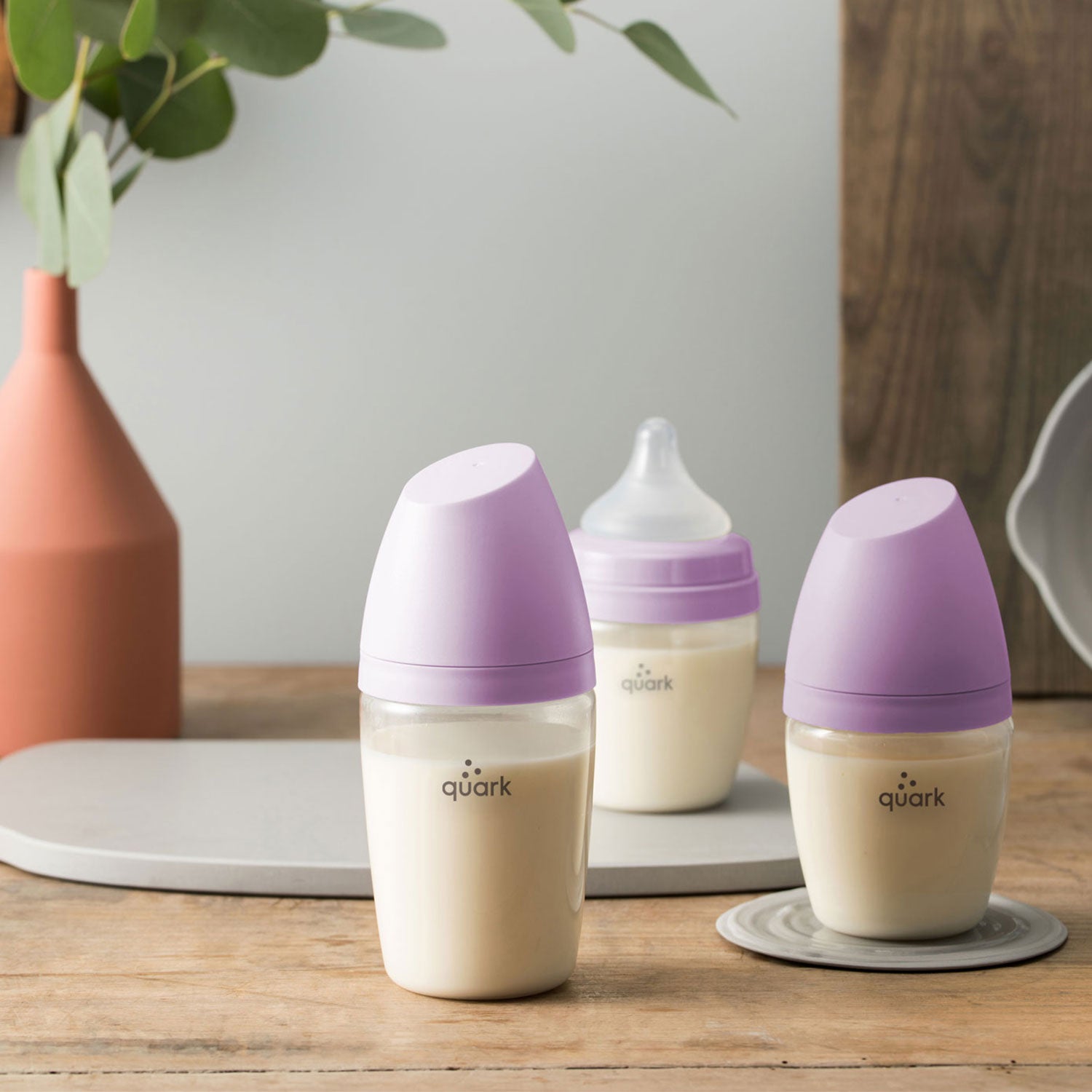
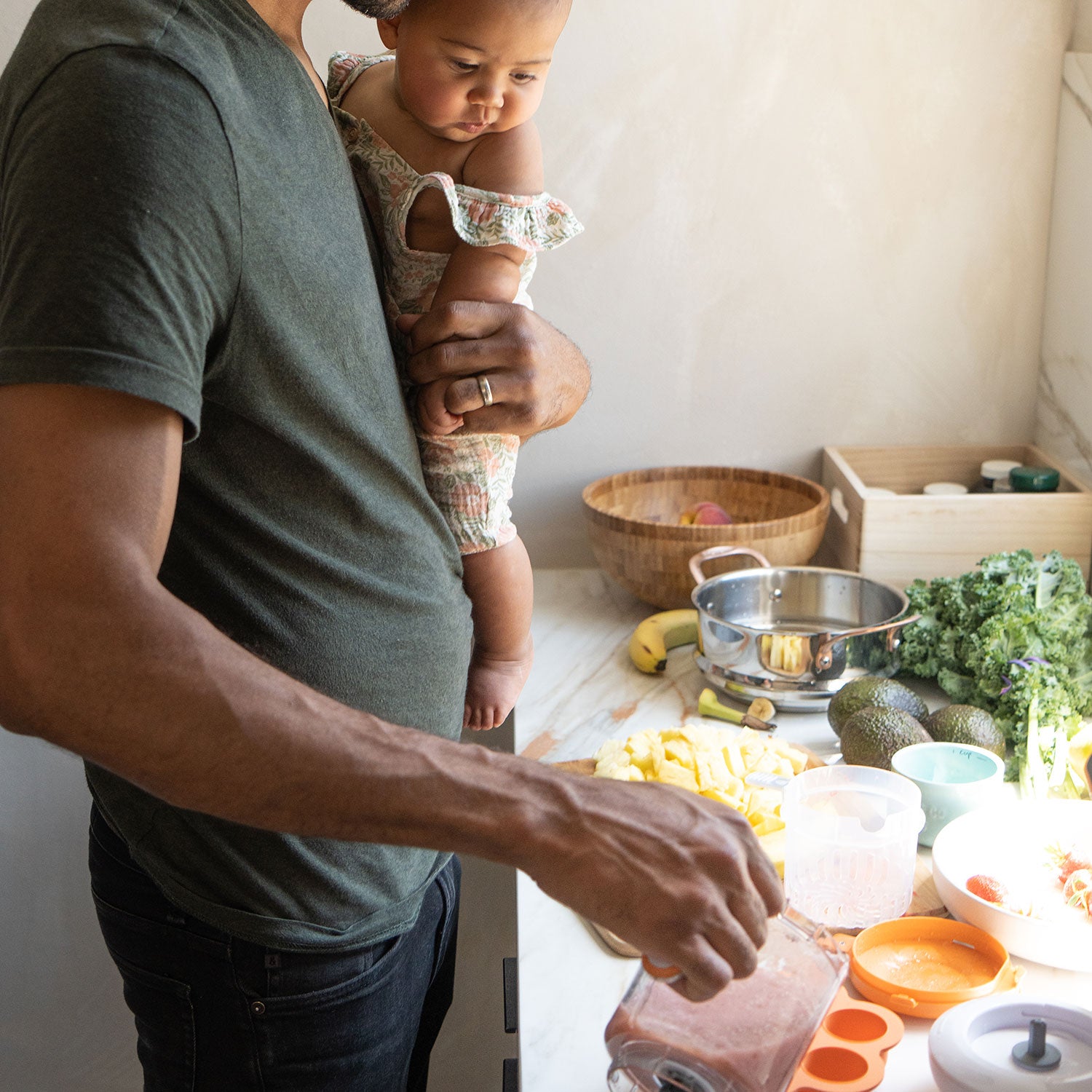

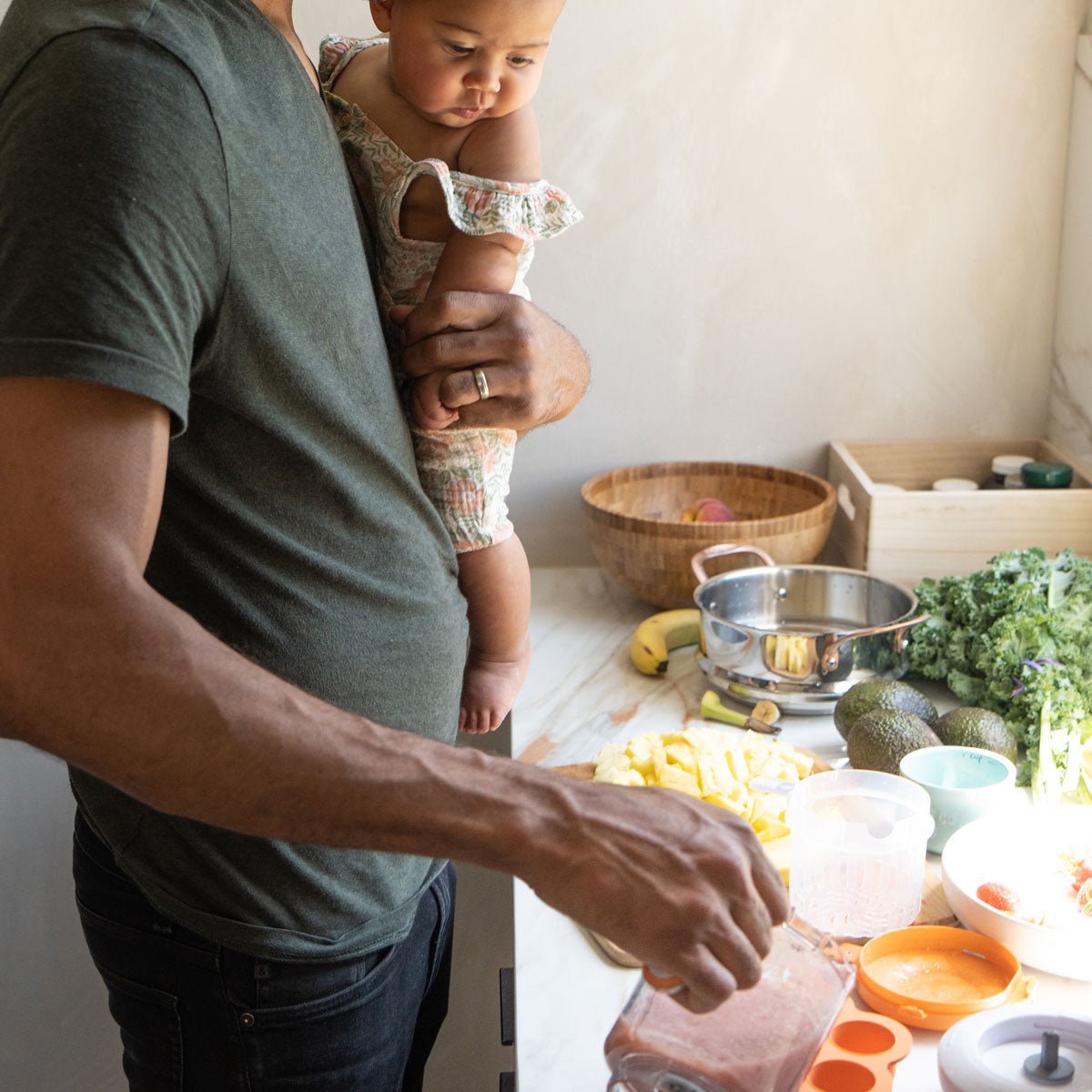
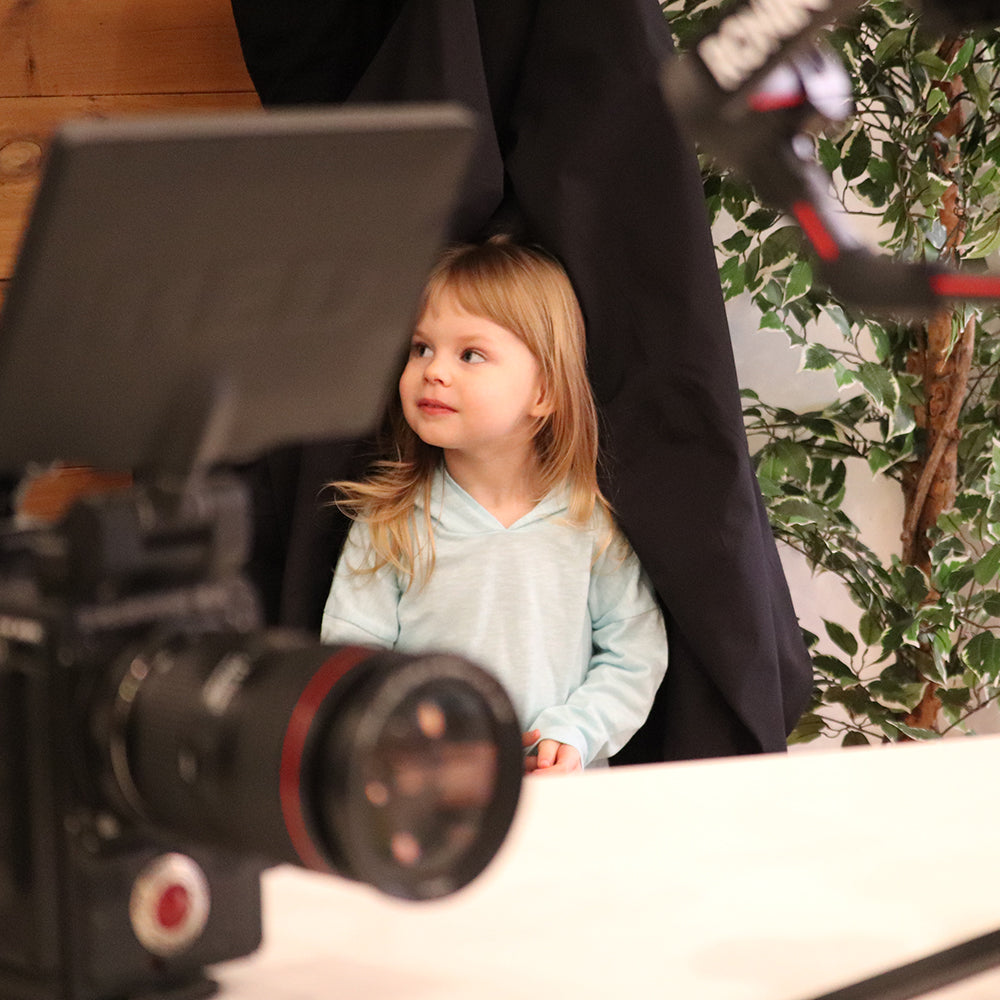
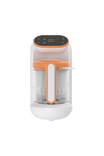
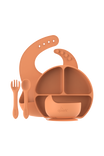
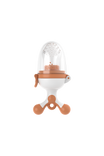
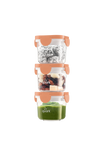
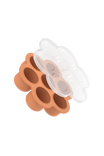
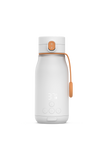
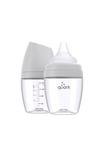
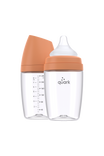
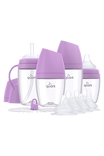
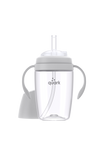
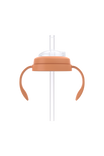
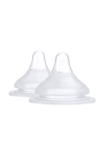
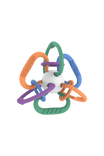
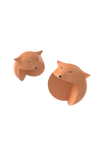
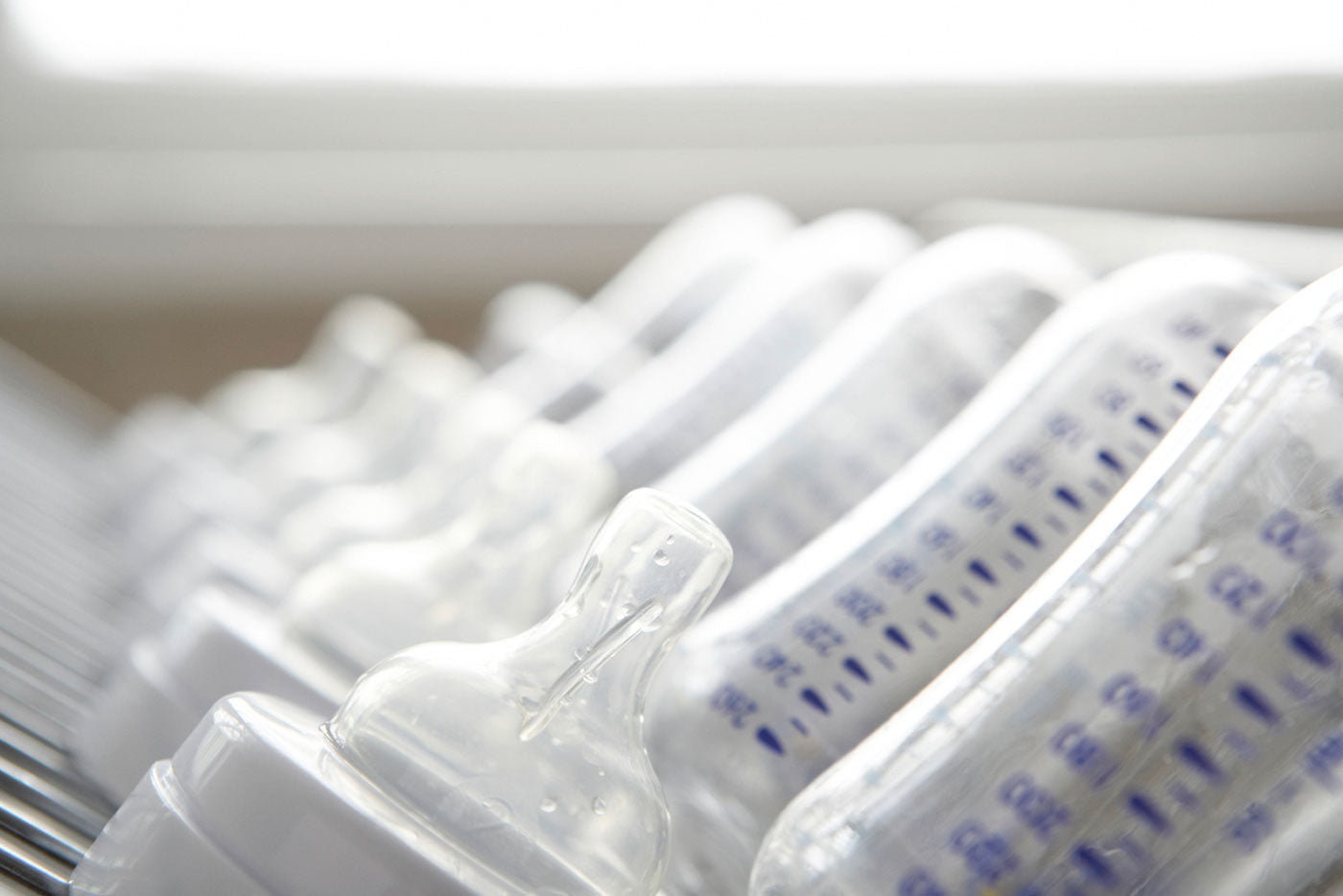
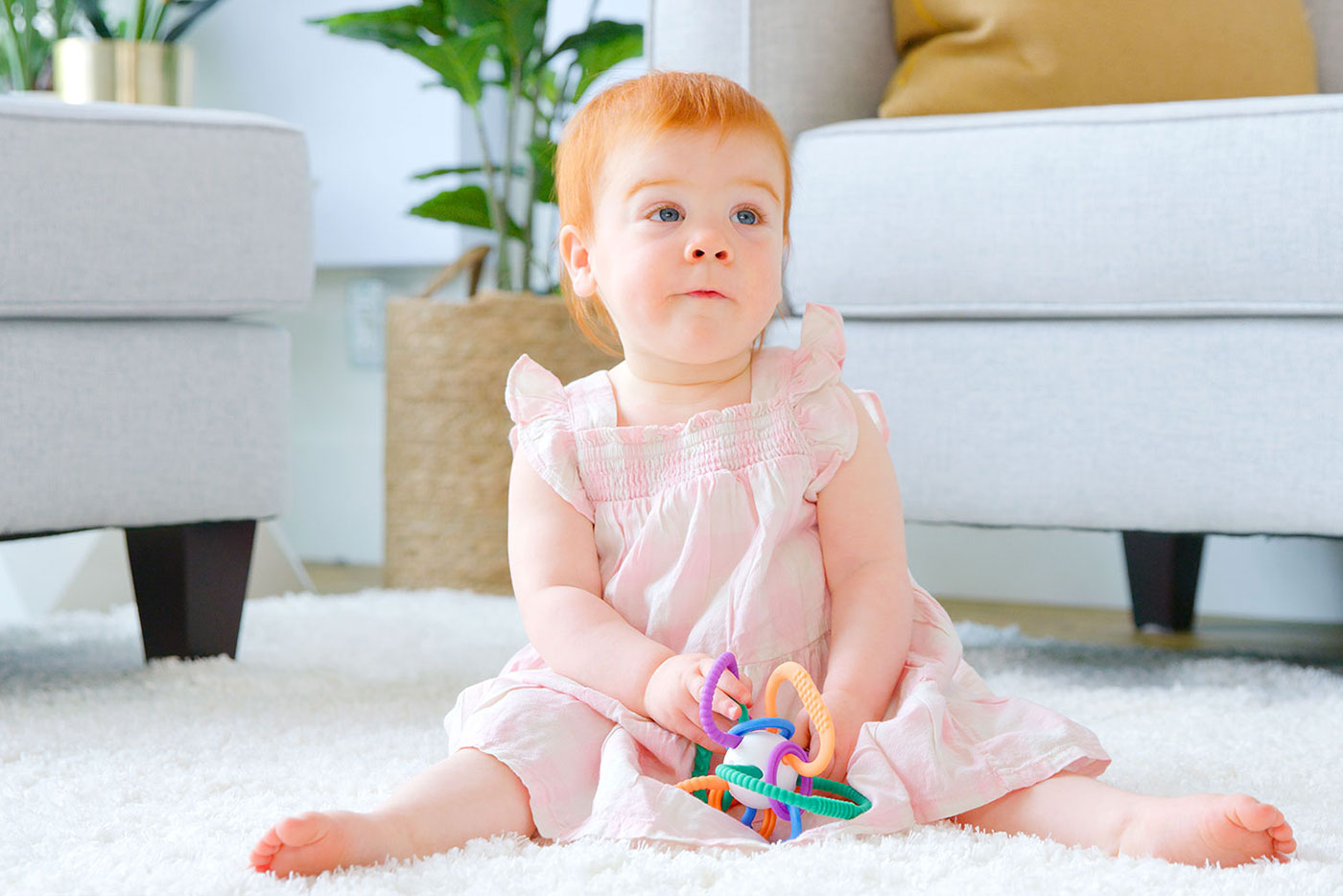
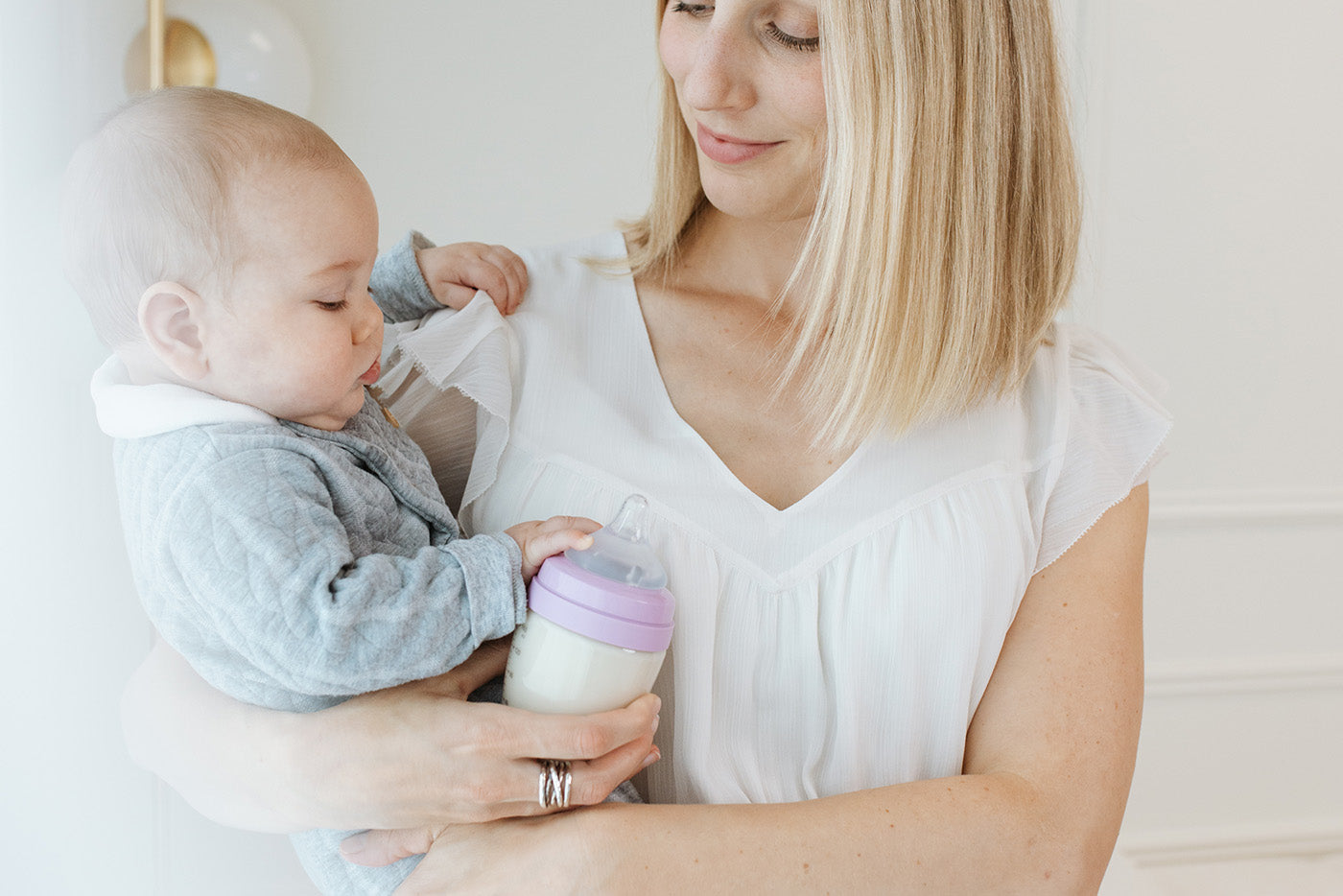
Laisser un commentaire
Tous les commentaires sont modérés avant d'être publiés.
Ce site est protégé par hCaptcha, et la Politique de confidentialité et les Conditions de service de hCaptcha s’appliquent.